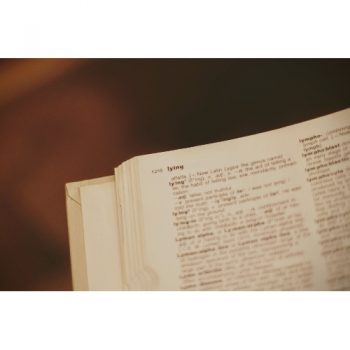“Immortals are mortal, mortals are immortal, living the others’ death, being dead in the others’ life.” (S 62; Cp. R 62, K 92)
God is dead! Nietzsche’s blasphemous statement has a counterpart in this early fragment of Heraclitus. God’s were defined by the Greeks predominantly by their immortality. To maintain that they too are mortal would be akin to a declaration of atheism. (Cp. Kahn.)
Buddhism, with it focus on radical flux, does maintain, in some forms, a belief in gods, but maintains that these gods, like their devilish counterparts, are themselves impermanent. Gods are subject to the same laws of flux and change as everything else.
It is not clear that Heraclitus believes in gods in any literal sense, even in gods subject themselves to a more fundamental law of change of the universe. He appears very often to be involved in demystifying them, philosophizing them, as Hegel and others later also attempt to do.
“Mortals are immortal” — this is the second phrase. There was some precedence is Greece for viewing mortals as becoming gods. Hercules was one. In any case, the view of man ascending to the rank of gods has been common throughout the world. The Taoist immortals are a point in case in Chinese philosophy. We can also find parallels in Buddhism, where a soul (itself also changing) is also transformed through reincarnation into various forms, animal, human, divine. There is speculation that Heraclitus believed in reincarnation. In this case, the soul will transmigrate. But in any case Heraclitus’ own arguments for transmigration of the soul are wanting.
Might we interpret Heraclitus as more secular than this? In alignment with how Nietzsche’s pronouncements are understood, can we read Heraclitus as here recognizing that the way humans think of immortals shifts and changes. These social constructs of the gods are impermanent. So, too, the idea of some mortals lives on in posterity. The mortals become immortal, even if the collective understanding of what that immortal mortal was changes. Pindar, Homer, Pythagoras, Heraclitus himself — these all belong to those mortals who now have achieved a kind of immortality. Yet we certainly reconstruct them against new socio-cultural understandings.
“Living the other’s death, being dead in the others’ life”: Heraclitus recognizes that all physical objects undergo continual change — the elements of fire, water, air, earth are in continual shift through material forms. The death of one thing gives rise to the other (as a burnt tree turns to ash and earth). This early law, akin to conservation of mass, views the death of one thing as the fodder for the new life of another, and understand that the new life will transition to another death. Forms change, but the elements continue changing in accord with the laws of logos. It’s not clear that Heraclitus thinks that there is a consciousness of individual souls that surpasses this life. (F 84 and 87 are taken by many to indicate he does, but those views are not conclusive.) It is clear though that he thinks all material things change in a process that is rational and law-like. Reality is like a river — defined as something that itself is always changing.
